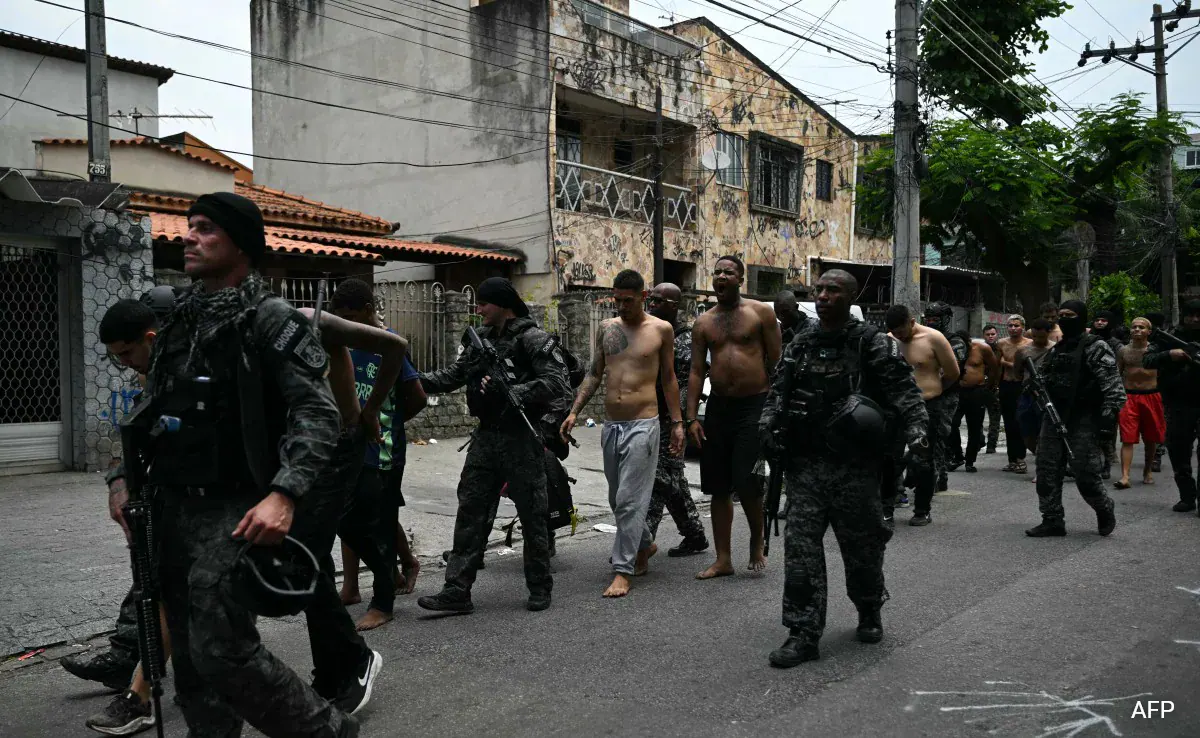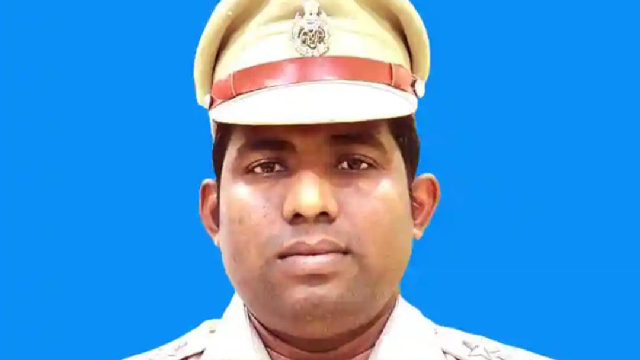Now Reading: Deadly Anti-Gang Raid in Rio Leaves 64 Dead, Including Four Police Officers
-
01
Deadly Anti-Gang Raid in Rio Leaves 64 Dead, Including Four Police Officers
Deadly Anti-Gang Raid in Rio Leaves 64 Dead, Including Four Police Officers

A large-scale police operation in Rio de Janeiro has left at least 64 people dead, including four police officers, after an intense gun battle between law enforcement and armed gangs. The raid, described as one of the deadliest in Brazil’s recent history, has sparked debate over police tactics, human rights concerns, and the growing influence of organized crime in Rio’s favelas.
The operation began early Tuesday in the city’s northern neighborhoods, areas known for gang dominance and drug trafficking. Police said the raid targeted members of the Comando Vermelho, one of Brazil’s most notorious criminal networks, accused of drug smuggling, extortion, and arms trafficking. As officers moved in, they faced heavy resistance, resulting in hours of crossfire that spread panic among residents.
Authorities claimed that most of the deceased were armed criminals involved in the shootout, while rights groups and local residents questioned the proportionality of the force used. Several videos circulating online showed thick smoke rising over Rio, with residents trapped indoors as helicopters hovered over the city. Civil society organizations have demanded an independent investigation, citing concerns about extrajudicial killings and the use of excessive firepower in densely populated areas.
For India and its Tier 2 cities, this incident serves as a grim reminder of how urban inequality and weak policing structures can breed organized crime. Cities like Nagpur, Surat, and Indore, which are witnessing rapid urbanization, can learn from Rio’s experience in balancing law enforcement with social welfare. Sustainable urban safety comes not just from strong policing but from community programs, rehabilitation efforts, and economic inclusion.
The Brazilian government defended the raid, stating it was necessary to curb gang violence that had claimed hundreds of innocent lives this year. However, the incident has renewed discussions about whether militarized policing truly resolves deep-rooted social and economic problems or merely pushes them underground.
As Rio begins to assess the damage, the incident exposes a complex reality — a city battling between the need for security and the cost of achieving it. What happens next will determine whether Brazil strengthens its justice system or slips further into a cycle of violence and fear that continues to haunt its urban heartlands.

























